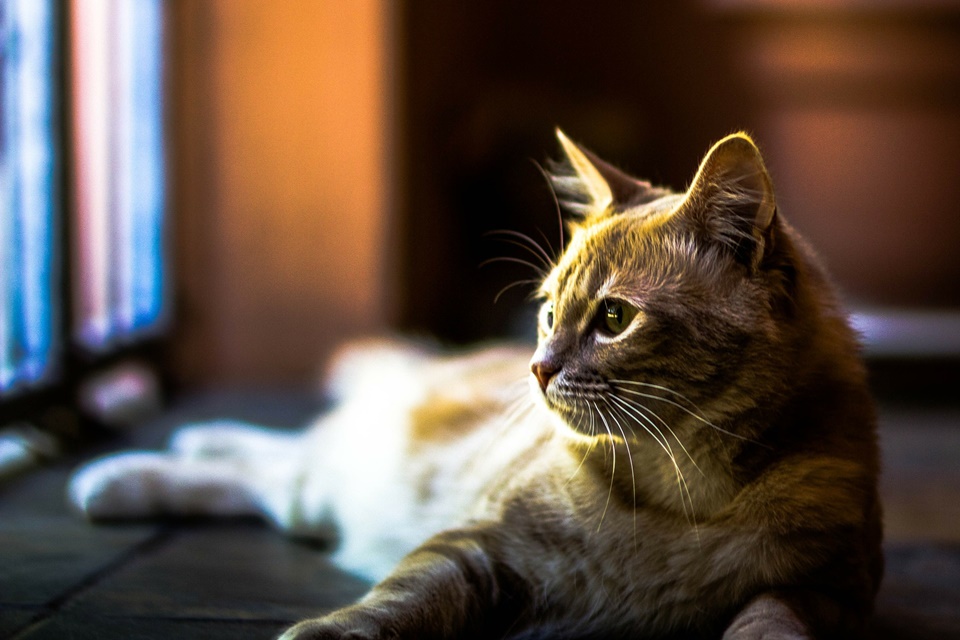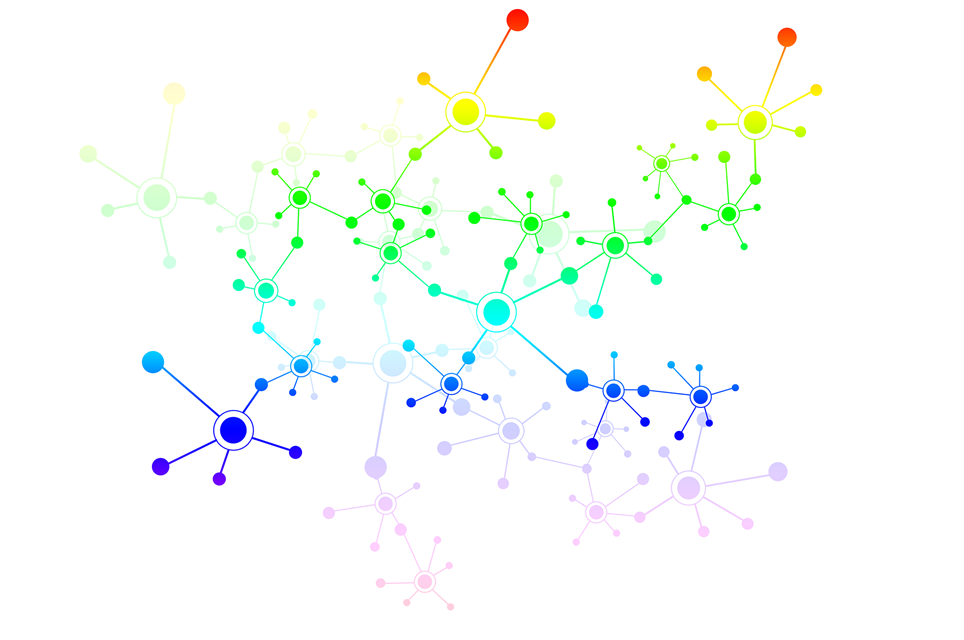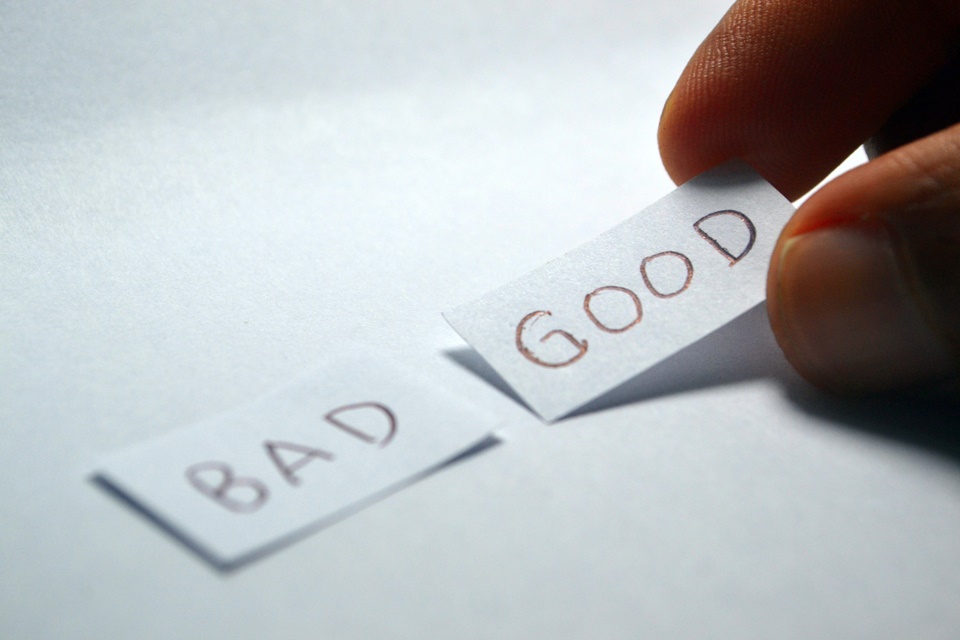
In this world we live, we, as social beings, spend much of our time and effort protecting ourselves. We are seeking safety physically, emotionally, mentally. Looking for security on all these dimensions, we have created images of ourselves for every situation we deal with. These masks we made create a separation between the inside of us and the outside. Even when we try to break this rigidity and express ourselves freely, this new expressiveness becomes just another mask in our toolkit, a better one, but still very limited.
Trying to be honest and present, we feel vulnerable. We feel as if our very core is exposed to the outside world. We feel fragile. So we carefully choose the people with whom we share this side of us and which aspects of it we share. We call these people family, lovers, best friends, etc. But if we look carefully at this part of ourselves which we consider the core, the essence, we can see it’s just another image we create to represent our fears and desires and all the other emotions we cannot share with the outside world.
There are times when we want to connect with someone. We become vulnerable and share our emotions. If they are not reflected back to us as we expect, we feel hurt. The pain is sometimes so strong that we avoid the person completely. And yet, we desire to connect. We find ourselves caught between two opposite forces. Most often, the fear of getting hurt is stronger, so we stop being vulnerable by becoming emotionally cold. We gain a feeling of safety, but we lose the chance to build a meaningful connection. For a while, we can avoid talking about these aspects of ourselves, but sooner or later, we realize that our interactions lack the energy that comes with vulnerability. At the same time, being vulnerable feels like we are hurting ourselves.
What can or should we do? Why is being vulnerable so hard?
To overcome this problem, we need to change the way we perceive and understand vulnerability. Instead of seeing it as an act of exposure, we can see it as an act of exploration. By being vulnerable, we can discover ourselves and our emotions. We can explore a connection with another person. We might feel hurt, but it’s ok. As time passes and as we practice more, the pain diminishes and we learn to see our emotions objectively. That can be such a great power.
And that’s not all. There is yet another way we can see vulnerability: as an act of creation. By being vulnerable, we invite the other person to a dialogue, one in which we hold the most important role: to be the instrument through which a meaningful connection is built. By being vulnerable, we can choose the direction in which our energy flows. We must see ourselves not as fragile beings, but as artists and creators of a new world, a meaningful one.
In a gentle way, you can shake the world.
— Mahatma Gandhi









